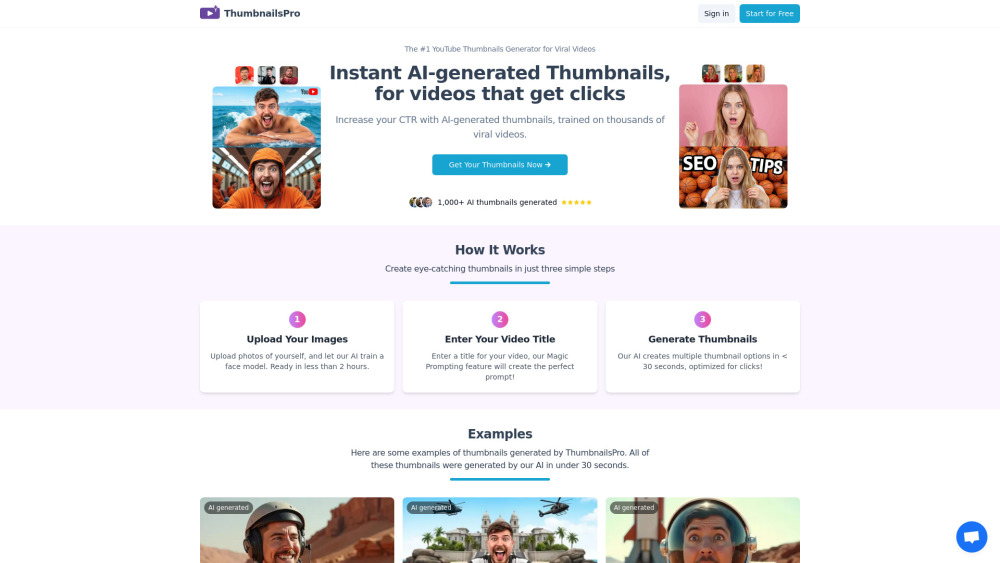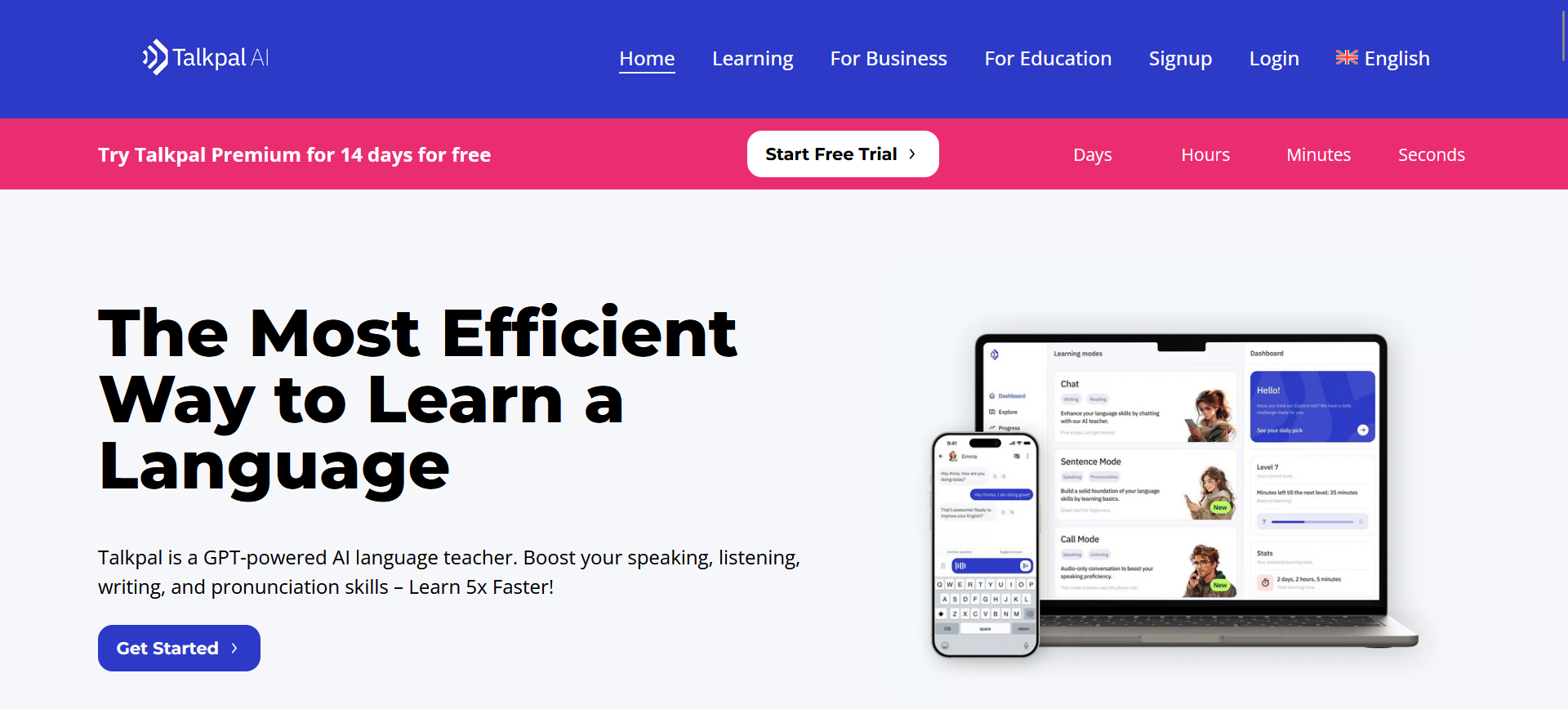“We are transitioning from the sterile, occasional care of a bygone era to an exciting, high-fidelity future,” predicted Nirav R. Shah, Senior Scholar at Stanford University’s Clinical Excellence Research Center, during his address to the VB Transform audience. “While I can’t provide a detailed roadmap for our journey, I can offer a compass to guide us toward TrueNorth,” he said.
Shah elaborated, “Generative AI is revolutionizing healthcare delivery by enabling personalized treatment plans, real-time patient monitoring, and advanced diagnostics. These innovations not only enhance the current state of healthcare but also lay the groundwork for future advancements.”
Shah voiced a common concern: “Healthcare productivity is declining despite increasing technology usage. As a physician, I used to admit a patient in 45 minutes in the paper-based system, but now it takes 1 hour and 45 minutes due to electronic health records, turning me into a data entry clerk. Technology has let us down.”
He explained that traditional healthcare systems have prioritized billing and administrative tasks over user-centered design, resulting in healthcare providers spending excessive time on data entry and navigating cumbersome interfaces.
However, Shah believes generative AI can redirect this trend towards enhanced patient care while alleviating the burdens of administrative tasks that plague the industry. He emphasized the importance of harnessing AI to streamline labor-intensive processes, offering significant potential for performance gains.
“Generative AI will establish a new, value-based distribution of care, enhancing health outcomes through precision and personalization,” stated Shah.
Shah shared how generative AI is driving healthcare into a high-fidelity future: “AI is fundamentally reshaping healthcare by providing unprecedented levels of precision and personalization in patient care. We're moving toward faster, more accurate diagnostics tailored to individual needs, significantly improving patient outcomes through early detection and timely intervention.”
Here are five ways generative AI is enhancing healthcare now and shaping its future:
1. Improving Diagnostic Accuracy: Training large language models (LLMs) aims to improve disease diagnosis accuracy by integrating multisensory inputs. Future tools must leverage real-time data for instant diagnostics and utilize genetic data and wearable technology effectively.
2. Enhancing Patient Care and Management: Shah argues for AI-driven telehealth solutions that enhance patient access and personalize treatment plans based on patient data. Generative AI will bolster chronic disease management with real-time monitoring and interventions, shifting more care into the home environment beyond episodic check-ups.
3. Streamlining Administrative Processes: Shah anticipates significant progress in automating administrative tasks—scheduling, billing, and documentation. Generative AI could lower provider workloads and improve patient interactions through chatbots and virtual assistants, ultimately enriching patient care.
4. Supporting Clinical Decision-Making: The role of generative AI in aiding clinical decision-making is just beginning. Enhanced AI-driven support systems will provide evidence-based recommendations, improving treatment outcomes through tailored suggestions and timely alerts during critical care.
5. Revolutionizing Research and Development: To achieve a high-fidelity future, Shah underscores the necessity of applying generative AI to advance medical research. This includes speeding up drug discoveries, reducing clinical trial durations, and identifying novel uses for existing drugs, as well as driving personalized medicine through genetic-based treatments.
On the brink of a high-fidelity healthcare future, Shah concluded, “Generative AI is transforming patient care through personalized treatment plans, real-time monitoring, and advanced diagnostics. The future of healthcare relies on real-time data integration and sharing, leading to enhanced precision, personalization, and ultimately improved patient outcomes.”




